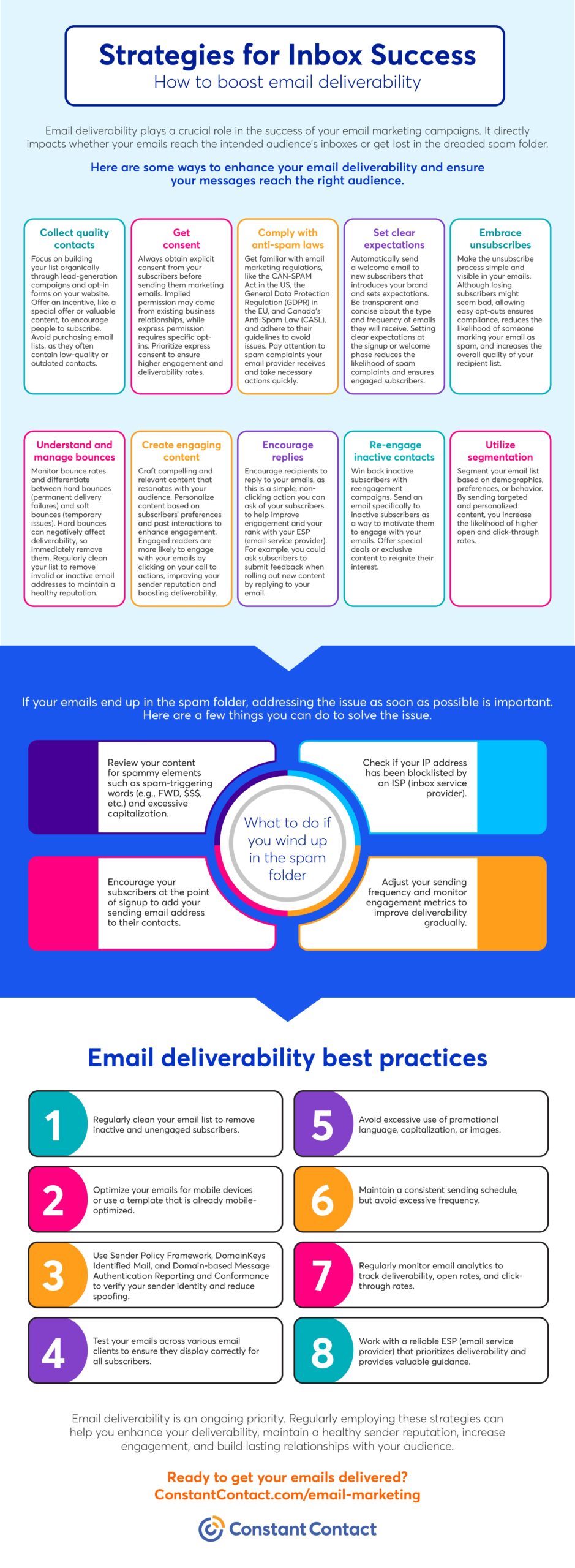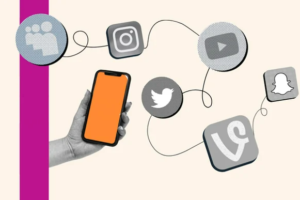Trust in businesses has seriously eroded over the past few years. In fact, American consumers are in a crisis of trust. So how can you start rebuilding trust with skeptical consumers—especially in a crowded, noisy marketplace?
How to Prove Your Integrity and Honesty With Content
Whenever you make any kind of claim about your business, you should be prepared to back it up with proof.
This changes how you create content from the ground up. Instead of posting what people want to hear, you’re only posting content that’s definitively, demonstrably correct.
Before you overhaul your content strategy, there are two things you need to do:
-
Decide which claims are the right ones to reach your target audience and objectives. There’s no point in creating proof for something that your customers don’t care about.
-
Audit your existing content for accuracy and proof. As part of building trust with consumers, you need to make sure that your content is consistently reliable, even if that means deleting or reworking previously successful posts.
When that process is complete, you can start creating the three types of content you can use as proof.
Corroboration: 3rd Party Evidence
Corroboration means finding people who agree with your marketing claims and who have the trust of your audience. There are two types of corroborators you can use in your content:
Find industry experts or academic authorities who’ll support your claims. You could ask them to share a quote, make an official endorsement of your product, or use their influence through their social media channels. Expert corroboration is the best strategy if you’re trying to promote information such as details about product features.
Find people who’ve seen the truth of your claims firsthand. They could be clients, customers, or even employees! Ask them to share their experiences through testimonials, reviews, or a “day in the life.” Witness corroboration is the best strategy if you’re trying to sell an experience.
Once you have these quotes, stories, and testimonials, you can share them in any format that works for your audience. Think website copy, social media posts, white papers, eBooks, printed books, videos… however your target audience prefers to consume information.
Documentation: Your Own Evidence
This content offers primary sources of evidence so your prospects can see the proof and assess its value for themselves. There are two broad categories of documentation:
Tell a story that illustrates your marketing claims. Instead of just asserting facts and figures, create a story with its own emotional arc. For example, if you sell fair trade products, you could have a farmer tell the story of how fair prices have helped their business and community. You can tell stories from customers, vendors, employees, suppliers, or anyone else with a connection to your business! Note that stories are different from simple witness corroboration because they show a process: how life was changed or improved by your brand.
Show the process or story of your impact through more factual kinds of documentation. Think side-by-side comparisons, diagrams, explainer videos, audit results, statistics, certifications, awards, case studies, or even checkbox matrices. With this kind of documentation, you effectively do the audience’s homework for them, presenting key evidence in the most convenient format possible.
One very powerful way to collect stories is through user-generated content (UGC) on social media. You can run active campaigns to collect UGC by offering rewards and perks but you may also find that people post stories about your brand spontaneously. When they do, get in touch and get permission to use that content as proof in your content marketing strategy.
If you set up or film more structured interviews, remember that in the process of telling a story, people may have to revisit negative or difficult moments. Ask open questions without putting pressure on them to react a certain way. Try using phrases like:
-
“Talk to me about what it was like when…”
-
“Can you share more about…”
-
“Tell me a story about a time…”
Education: Content Consumers Can Experience
The goal of educational proof is to let people experience your claims for themselves. There are two ways you can do this: by providing valuable information for your customers and coaching them through challenging tasks or situations.
Support the decision-making process with information and advice. If you work in a specialized industry or one where most customers are first-time buyers, your audience may just not know how to make purchase decisions. This is also a valuable strategy whenever the buyer isn’t your end user. For example, if you sell cybersecurity systems to companies, the person making the purchase is probably not the same person who’ll have to run the security system. You need to empower the buyer by giving them information that they can share with others.
Coach your audience through a new task or experience while showing off your expertise. Coaching is a more hands-on approach and includes providing things like step-by-step guides, tutorials, templates, free audits, or taster experiences. For example, many wedding websites offer free planning templates and checklists to support their audience.
Pro Tip: Your sales and customer service teams are a valuable source of information to learn what kinds of educational content you need. Ask your team the following questions and use their answers to guide content educational content:
-
What makes people hesitate before a purchase?
-
What are the most common questions people ask you?
-
What do people often misunderstand about our business?
-
What do people object to about our business?
Published in Social Media Examiner on 11/01/23. Article based on insights from Melanie Deziel, a featured speaker at Social Media Marketing World.


 It can feel like magic for digital marketers when a single post goes viral. When you hit the mark without a clear plan, maybe something supernatural is at play. But when you have a content strategy focused on shareable content, you’re the one making the magic happen.
It can feel like magic for digital marketers when a single post goes viral. When you hit the mark without a clear plan, maybe something supernatural is at play. But when you have a content strategy focused on shareable content, you’re the one making the magic happen.
 Can you believe it’s been almost 20 years since Facebook was founded? Perhaps many of you feel like it was just yesterday when “friend” was a noun.
Can you believe it’s been almost 20 years since Facebook was founded? Perhaps many of you feel like it was just yesterday when “friend” was a noun.